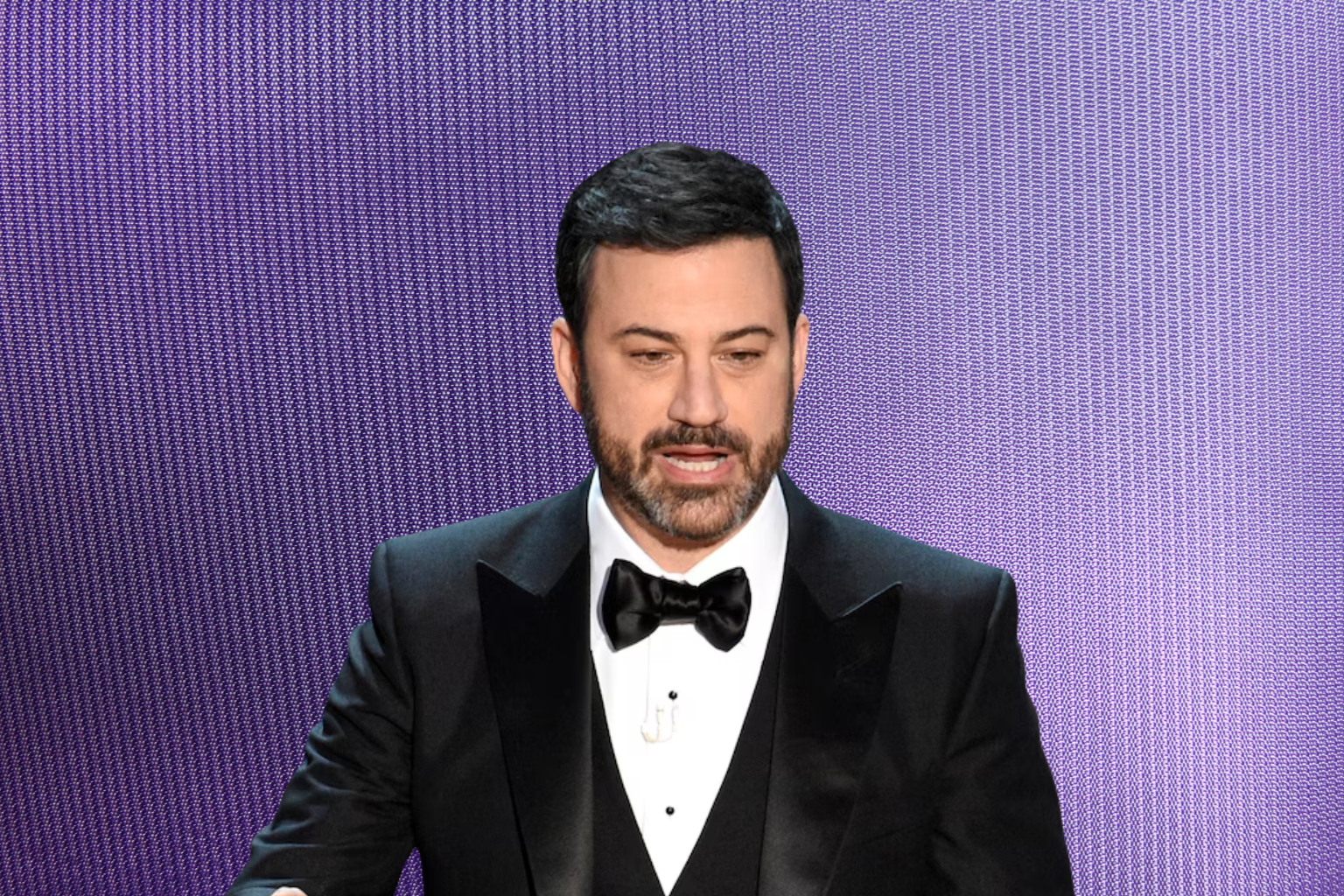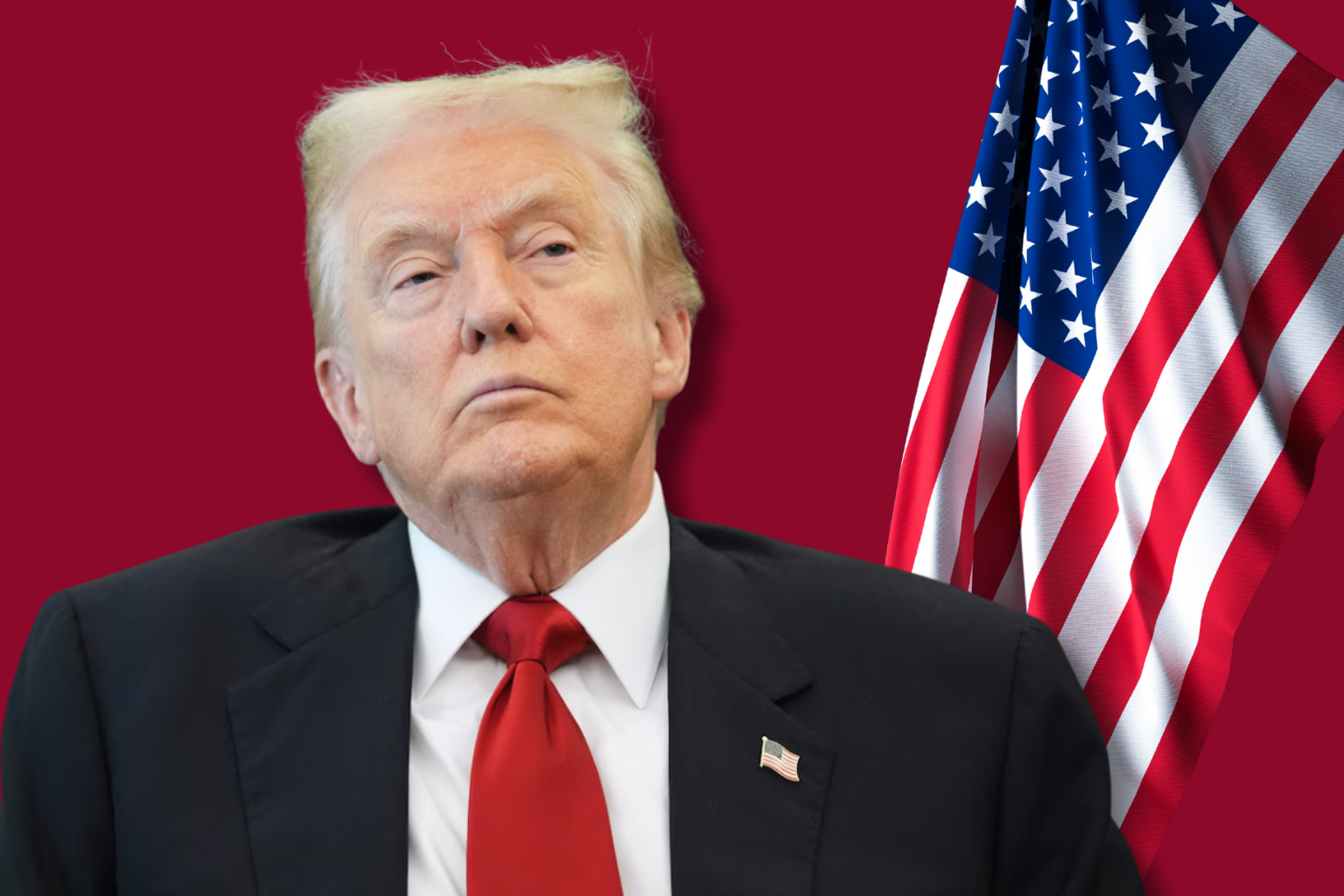Kimmel’s Suspension Highlights Growing Tension Between Broadcasters, Regulators and Corporate Deals

The abrupt suspension of “Jimmy Kimmel Live!” has sparked a national debate over free expression, corporate caution, and regulatory power. ABC’s decision to cancel the show after Jimmy Kimmel’s comments about Charlie Kirk’s murder sparked a discussion about whether political pressure and pending business deals are changing broadcast television.
The ban followed Kimmel’s speech, which critics argued broke the line in discussing the alleged gunman and political intentions. Nicstar and other affiliates swiftly preempted the broadcast on their stations. In recent years, station ownership has been more consolidated, giving station-level decisions that served viewers and local tastes more weight.
The FCC chair’s hard-line action sparked a constitutional and political dispute. Critics on both sides of the aisle warned that Brendan Carr’s public suggestion that broadcasters who run illegal content could face regulatory penalties risks turning enforcement instruments into political levers. Democrats in Congress have called for FCC leadership investigations into whether they unlawfully pressed a private network.
It appears to involve corporate calculations. Walt Disney, which owns ABC, has big regulatory business outstanding that might make executives sensitive to public battles with powerful federal officials. Nexstar and other large broadcasters also have deals and approvals at risk. According to observers, networks with overlapping corporate interests are more likely to take swift, visible action when controversy threatens a merger or purchase. That’s why a late-night speech became a corporate risk management and editorial judgment issue.
Rapid, polarized media backlash. Conservative station organizations and commentators sought apologies and financial reparations for Charlie Kirk’s family before reinstating the show to affiliates. Meanwhile, entertainment professionals, late-night colleagues, and civil liberties groups cautioned that government pressure chills political comedy and discussion. Sharp, polarizing replies show how cable and network television are intertwined in current politics.
Political podcast hosts are testing Kimmel’s fate. ON “Pod Save America,” former Obama aides argued whether Kimmel could return under the same conditions and how comedians mix biting humor with real-world implications. The discourse has raised a wider dilemma for performers and newsrooms: can traditional platforms continue an open, sarcastic commentary like late-night, or will governmental restrictions and corporate caution limit allowable speech?
Audiences see more than a monologue argument. There are practical problems about where Americans will hear critical, humorous opinions on public leaders and policy if networks tighten content to avoid regulatory issues. This highlights how media consolidation and business discussions may change editorial judgments overnight, affecting viewers, workers, and political commenting culture.
Lawmakers, media firms, and civil liberties groups will undoubtedly focus on the Kimmel suspension as they balance harmful speech, corporate responsibility, and government authority. Both sides will exploit the incident to argue about how free and independent broadcast speech is in an era of high-stakes corporate transactions and politicized scrutiny, whether the show returns, resignations are requested, or regulators change their tone.
Sources
CBS News
Nexstar Media Group, Inc.
Politico
The Walt Disney Company
People.com
Apple Podcasts




